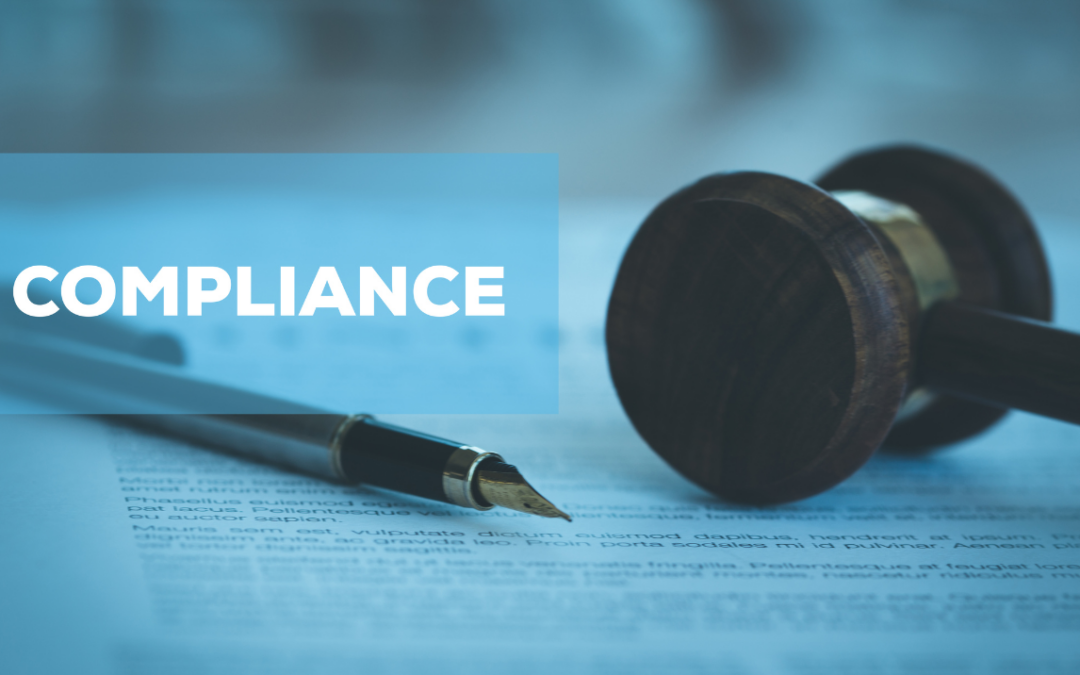Introduction
The Personal Data Protection Act (PDPA) is Singapore’s cornerstone legislation for data protection. It sets strict standards for how organisations handle personal data. Non-compliance with the PDPA exposes businesses to severe consequences, including financial penalties and reputational damage. The Personal Data Protection Commission Singapore (PDPC), tasked with enforcing the PDPA, has no hesitation in penalising non-compliant organisations.
This article explores the fines and penalties associated with PDPA non-compliance, the public disclosure of breaches, and the critical role of an experienced Data Protection Officer (DPO).
PDPA Non-Compliance: A Costly Oversight
Non-compliance with the PDPA comes at a high price. The PDPC Singapore has the authority to impose fines for breaches of data protection laws. These fines are designed to deter negligence and encourage accountability.
Under the PDPA, organisations can face financial penalties of up to S$1 million for breaches. For example, in 2023, the PDPC fined a major financial institution S$50,000 for failing to secure personal data. Another organisation faced a hefty penalty for exposing customer data online due to poor security measures. These cases highlight the cost of ignoring PDPA obligations.
Public Disclosure: A Risk to Reputation
The PDPC Singapore does more than impose financial penalties; it also publishes details of non-compliance cases. This public disclosure aims to educate the public and set an example for other businesses. However, it can seriously damage a company’s reputation.
When cases of PDPA non-compliance are made public, organisations face intense scrutiny from customers, partners, and stakeholders. Trust is a cornerstone of business success, and a damaged reputation can take years to rebuild. In today’s digital age, a single case of PDPA non-compliance can quickly go viral, amplifying the harm to a company’s image.
The Role of an Experienced Data Protection Officer
An experienced Data Protection Officer (DPO) is essential for preventing PDPA non-compliance. The DPO ensures that the organisation’s data protection practices align with the PDPA. They also handle queries from the PDPC Singapore and oversee the management of personal data breaches.
Internal appointments to the DPO role often face challenges such as conflicts of interest. For example, assigning the role to IT staff may compromise impartiality. An outsourced DPO service offers a solution by providing impartial, expert oversight. Outsourced DPOs have a deep understanding of the PDPA and can implement proactive strategies to avoid breaches.
The Financial and Operational Risks of PDPA Penalties
PDPA fines can disrupt business operations and strain financial resources. Penalties are not just monetary; they also lead to increased scrutiny from regulators. Organisations may need to allocate significant resources to remediate their data protection practices, further impacting profitability.
Fines for PDPA non-compliance often serve as a wake-up call for organisations. Businesses that delay addressing data protection risks may find themselves unprepared for audits or investigations by the PDPC Singapore. By investing in compliance measures upfront, organisations can save on costly penalties later.
How an Outsourced DPO Service Can Help
An outsourced DPO service is a practical and effective way to manage data protection responsibilities. These services provide expert guidance, conduct regular audits, and offer training to ensure employees understand PDPA requirements.
Outsourced DPOs are well-versed in the PDPA and can identify risks before they escalate. They act as a bridge between the organisation and the PDPC Singapore, ensuring compliance and mitigating risks of non-compliance. By leveraging an outsourced DPO service, businesses can focus on growth while maintaining robust data protection practices.
Conclusion
The consequences of PDPA non-compliance extend far beyond fines. Financial penalties, public disclosure of breaches, and reputational harm can severely impact an organisation’s success. The Personal Data Protection Commission Singapore (PDPC) holds businesses accountable, emphasising the importance of proactive compliance.
Appointing an experienced DPO, whether internal or through an outsourced DPO service, is a critical step in safeguarding against these risks. With proper guidance, organisations can achieve compliance, build trust, and secure their reputation in Singapore’s competitive business landscape.

